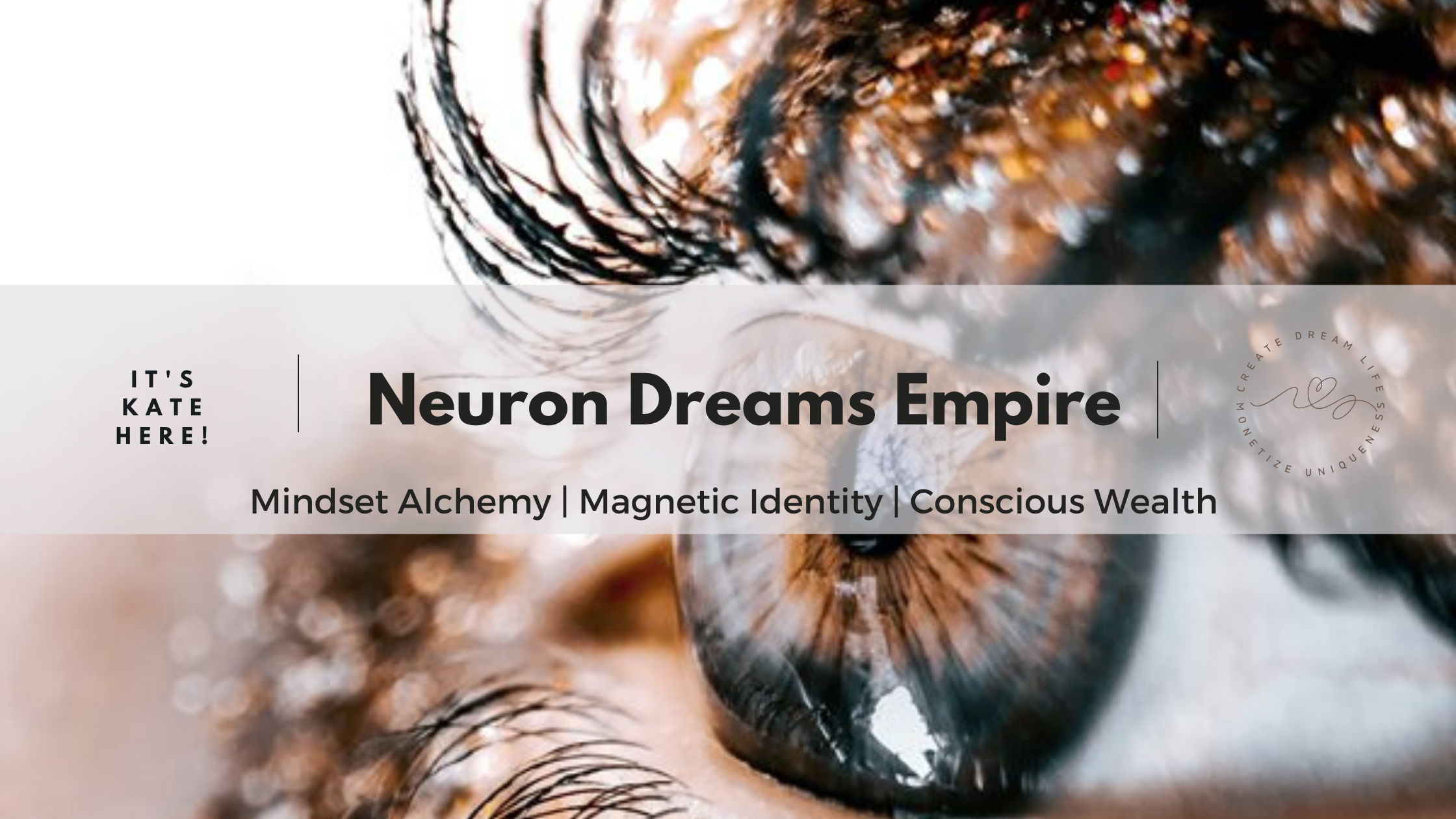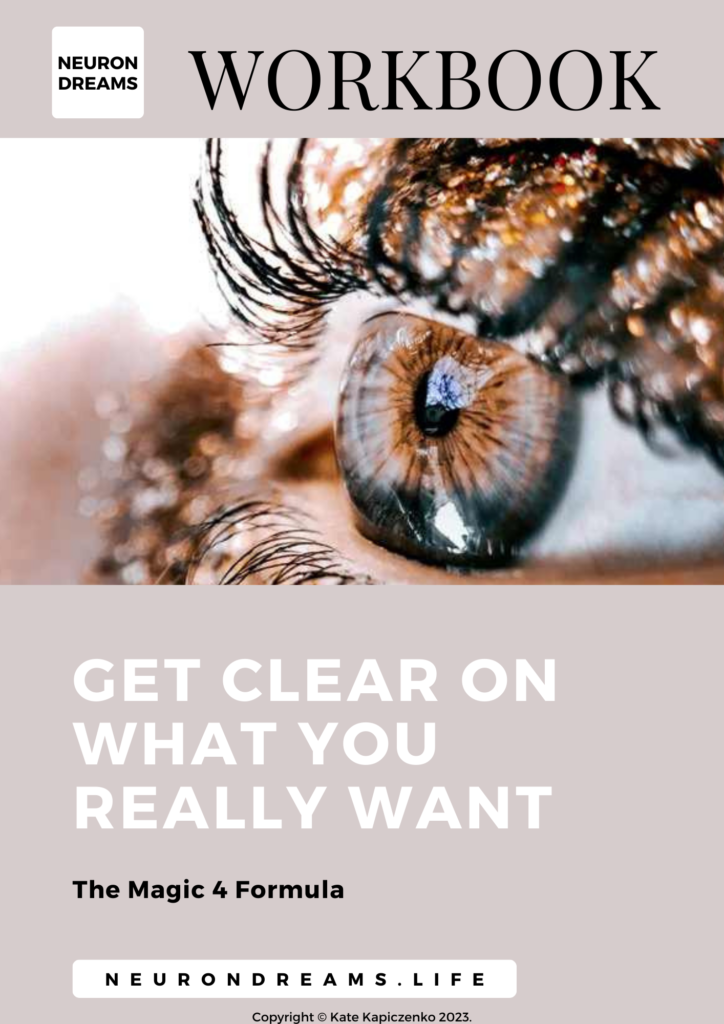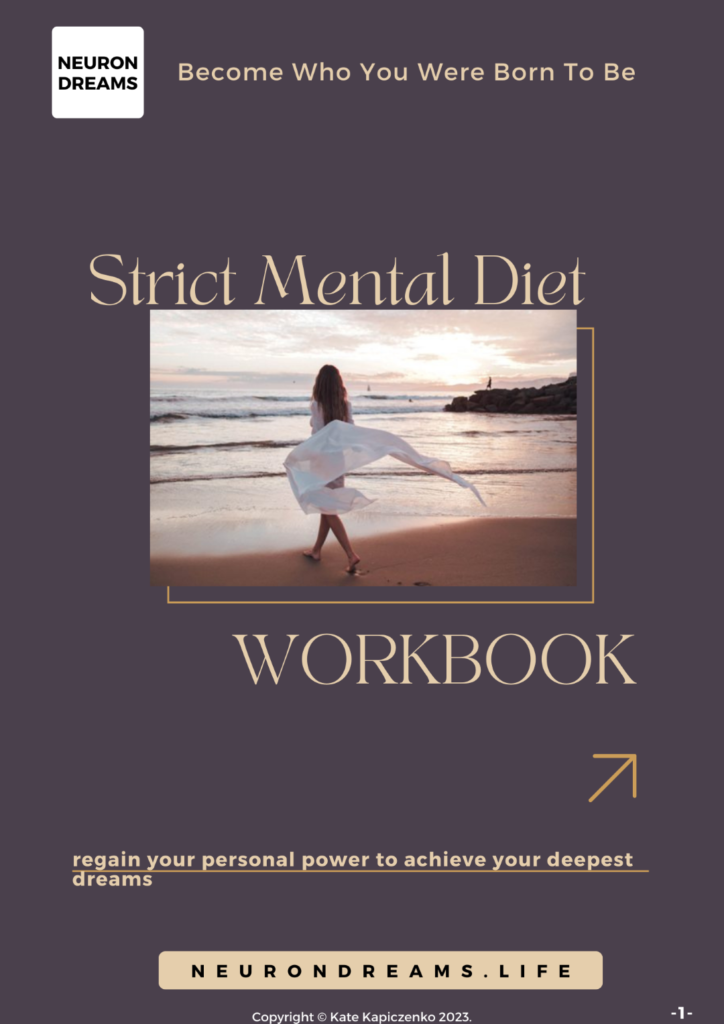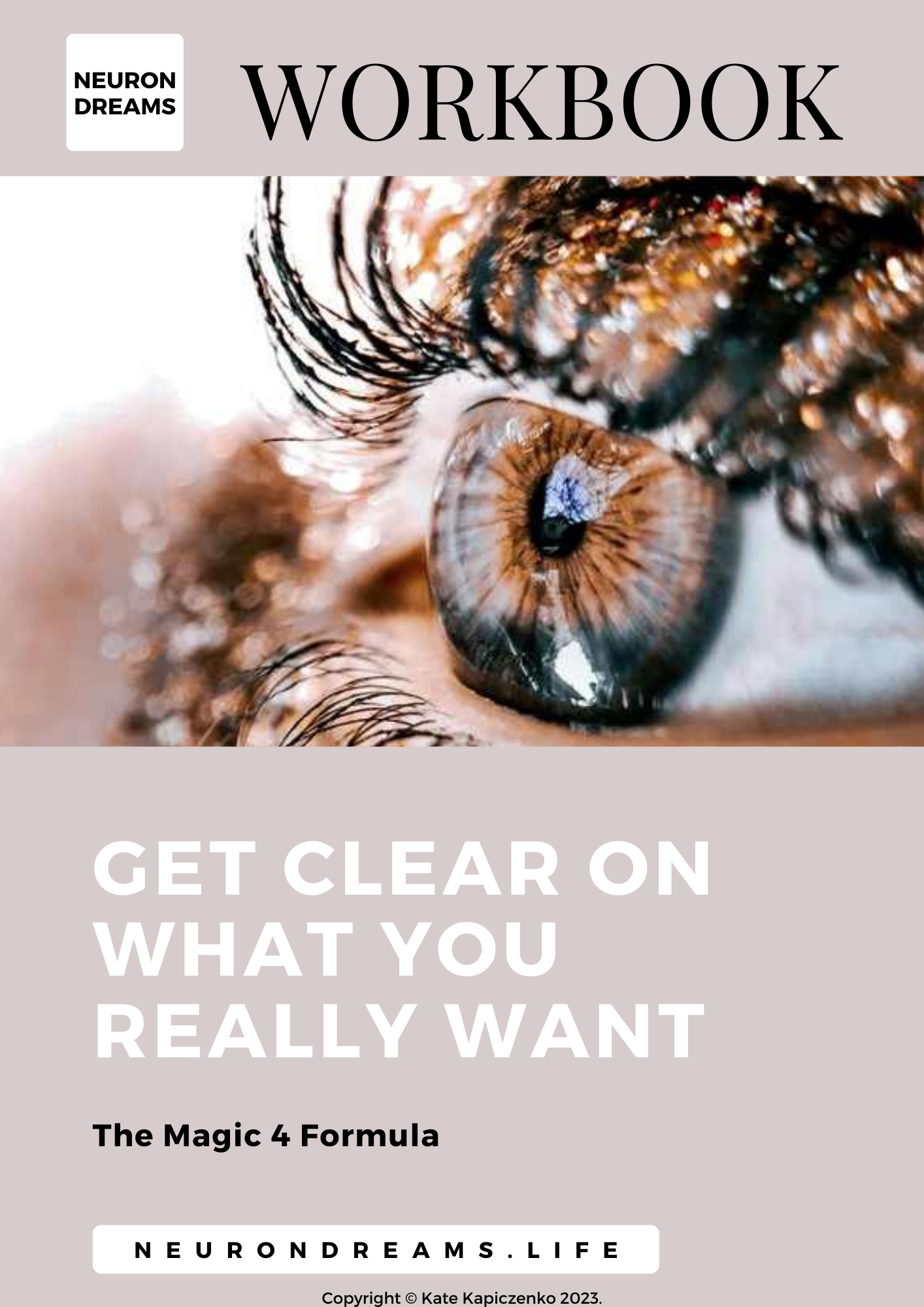Let’s talk about sugar addiction, shall we? To be honest, this particular subject is really close to my heart… or guts; I should probably say. However, first I kindly ask for your understanding and some empathy because this is a kind of difficult subject for me. Why? Well, because I myself was addicted to sugar for many years. I can easily prove it to you by saying that the best memories from my past, especially from my childhood was about sweets, candies, cookies, lollipops, cupcakes, muffins, chocolates, truffles and of course ice creams. I was so deeply addicted to sugar that my grandpa used to call me “A Cookie Monster”… just like the character of “Sesame Street”… eh, chocolate cookies memories… sweet, precious memories… That’s why I believe that I have considerable experience in this area what obviously give me the right to talk about this. Trust me if there was a “sugar cravings degree” at some university I wouldn’t have Bachelor’s degrees in Drama Studies and in Linguistics. However, I did my own research and created my own case study. This particular experience I am a self-proclaimed expert of sugar cravings and I see nothing funny about this. How sad is that? At least I am fully aware of my problem and I decided to address it a while ago.
Anyway, let’s take this problem seriously because sugar addiction is real and it’s dangerous. Sugar in itself is proclaimed an addictive drug that can literally ruin our health. That’s why we have to pay attention to a daily sugar intake and take some serious action to overcome this extremely dangerous addiction as soon as we notice symptoms of it. Unfortunately nowadays, as consumers, we are constantly bombarded by frequently misleading, publicity campaigns promoting different kinds of products extremely high on sugar which can only cause damage to our body. Everywhere, literally, everywhere you look you can see advertising of soft drinks, candies, desserts, snacks, sweetened drinks and other kinds of refined carbohydrates promoted by young, beautiful, healthy-looking people who try to convince us that is completely ok to consume one pound of sugar daily. Because, why not? It’s sweet, it tastes good, it makes us high. Sugar leads to a release of dopamine that’s why we feel so incredibly good after having eaten something sweet. Not to mention all of these sources of hidden sugar that we are not always aware of. I am talking here about products like energy drinks, pasta sauces, yogurts, granola bars (which are sold as a healthy option for regular bars), cereals, salad dressings, packaged fruits, alcoholic beverages, dried fruits, jam, coffee drinks, juices or even bottled flavored water. We should stay away from all of these products… unfortunately, it becomes more and more difficult when you enter the grocery shop and all you can see are surprisingly high in sugar. Food companies add sugar to almost every single product in order to make it tastier and more addictive. Yes, it’s a science behind this, for this reason, sugar addiction is now affecting increasing numbers of people.
So, how can we stay away from excessive sugar intake or/and overcome sugar addiction?
Well, the first thing to do which is also the primary rule of every war is called
Know your enemy.
Because, if we are fully aware of what we are dealing with it becomes much easier to find the right solution and protect ourselves from different consequences. Remember that overcoming sugar addiction is easier than you think. All you have to do (as always) is to get rid of bad eating habits by replacing them with the good ones. (I write about Mindful Eating here)
However, the first thing to do is to get to know our enemy. Reason for this is quite obvious and self-evident; if we know exactly what we are dealing with it becomes much easier to find a solution and fight our enemy. So, we have to ask ourselves one question:

1. What sugar exactly is?
If we enter the word “sugar” into a Google search box we can read that:
sugar
ˈʃʊɡə/
noun
a sweet crystalline substance obtained from various plants, especially sugar cane and sugar beet, consisting essentially of sucrose and used as a sweetener in food and drink.
“a spoonful of sugar”
BIOCHEMISTRY
any of the class of soluble, crystalline, typically sweet-tasting carbohydrates found in living tissues and exemplified by glucose and sucrose.
Next question we need to ask ourselves is:
How an excess amount of sugar affects our body?

Brain
- Causes Brain Fog and Chronic Fatigue
- Affects Mental Performance and reduces Memory
- Causes more Sugar Cravings (sugar = addictive drug, the more you consume it the more you need it – yes, it’s that simple)
Mood
- May increase the risk of Depression and Anxiety Disorder
- Drains your energy – Leads to “Sugar high” – sugar increases rapidly blood sugar and insulin levels which results in a momentaneous boost of energy which does not last long and short after we feel sluggish, weak and sleepy.
Heart
- Increases the Risk of Stroke and Heart Attack
- Increases the risk of Cardiovascular Disease
- Causes High Cholesterol
- Elevates High Blood Pressure
Liver
- Increases the risk of Non-alcoholic Fatty Liver Diseases
- Can Overload the Liver
Pancreas
- Causes Insulin Intolerance (a state in which body cannot control blood sugar levels)
- Increases the Risk of Diabetes
Kidney
- Excess intake of sugar can cause Kidney Stones (trust me you want to avoid this pain!)
- Can cause various Kidney Diseases
Body Hormones
- Sexual health – well, sugar literally kills a sexual drive
- Rises the level of Cortisol – Stress Hormone
Skin
- An excess amount of sugar is linked to Acne
- Speeds up the Aging Process
- Causes Wrinkles
Teeth
- Causes Cavities
- Can cause the Gum Disease
Body
- Leads to Weight Gain (increases the risk of Obesity) & increases drastically your Appetite
- Causes Metabolism Dysfunction
- Scientific research shows that sugar increases the Risk of Cancer
- Interferes with the Immune System
- Causes Inflammation in the body
- Forms Free Radicals
- Reduces the absorption of Important Nutrients (vitamins & minerals)
And the final question we have to ask ourselves which at the same time give us not only the answer but above all – hope! So if you struggle with sugar addiction you need to know that there is hope! So don’t give up! Read my tips and try them out, maybe you will find them helpful. So, our final question is:

Overcome sugar addiction
Break the sugar craving cycle with these 7 Simple Rules:
Nourish your body, mind, and soul
- Adopt a healthy, nutrient-dense, moderate diet that will keep your blood sugar and insulin level optimal/relatively constant
- Learn about clean eating – you need to eat healthy, natural, unprocessed whole foods for optimal health – buy whole products and prepare your meals by yourself, it’s the only way to avoid unhealthy additives, an excess amount of sodium and sugar
- Buy only real, whole foods – avoid processed and packaged foods which are high in sugar, high in sodium, contain trans fat, refined carbohydrates, GMO and many artificial additives which are dangerous to your health
- Choose healthy natural alternatives to sugar – satisfy your sweet tooth with healthy options like Raw Honey, Stevia (in natural form),
Lo han (another natural sweetener), Pure Organic Maple Syrup, Blackstrap Molasses, Coconut Sugar, Dates, and Bananas (for desserts). Don’t forget to use these products always in moderation because even if they are natural and healthier options for white sugar they also raise blood sugar and insulin levels. So keep calm and use natural alternatives to sugar in moderation! - Don’t drink your calories but stick to the unsweetened options. Instead of soft drinks, sodas (diet soda included), energy drinks, sweetened fruit juices, coffees or teas you can buy in almost every corner try a homemade fruit-infused water made with fresh, juicy ingredients (I personally love to add lemons, oranges, strawberries, berries, raspberries, watermelon and mango with mint or cucumber to my water).
- Workout – Being honest, working out has been always my savior for many different reasons and one of them is obviously killing the sugar addiction. The reason for this is quite simple: exercises especially the high-intensity ones increase serotonin and dopamine levels (incredibly helpful if you suffer from depression and anxiety), boost our energy levels, make us less stress out and put us in an instant good mood. If you struggle with sugar addiction I highly recommend you to start your day with some kind of physical activity. Since I’ve implemented physical activity in my morning routine I feel much better, more relaxed and less anxious. Of course I don’t do a 40 minutes cardio every single day immediately I woke up, but I start every day with one of my favorites forms of physical activities; sometimes it’s yoga, pilates or just a simple stretch and on other days I just take a long walk before eating breakfast; honestly I really love walking because it keeps me grounded and helps me make up my mind when I am anxious and confused especially shortly before taking an important decision.
- Glycemic Index (GI) is a measure that indicates two extremely important things: how fast particular food we eat is being digested and how it raises our blood sugar level within two hours. How is it calculated? Well, GI uses a scale from 0 to 100 where lower than 55 is considered a low GI, 70 and above is a high GI and everything in between is a medium IG. However, you should also remember that every person reacts to food differently that’s why GI should be taken into the consideration in terms of a balanced and healthy diet but less than a strict rule to follow and more like a helpful guideline.
Honestly, I am not a fan of counting calories instead I try to listen to my body and stick to the healthy options in every situation in find myself in (that’s why every time I eat in restaurant or cafes I’m still reading and analyzing menu when my friends have already started to eat their meals…) but I try to avoid eating too much high glycemic index foods at ones because they are digested and absorbed really fast (in contrast to proteins) which results in rapid rise of blood sugar and insulin levels. And this is how the vicious cycle begins… the best option of our body is to keep our blood and insulin levels optimal/relatively constant and under control. This is the best way to avoid feeling both lethargic & sluggish or hyped & anxious after every single meal we have.
Remember:
It’s all about making smart food choices!
You can nourish your body while treating your mind!
Keep calm & kill your sugar addiction!
xxKate














4 Responses
Thank You For This. I Truly Needed To Read It.
I Know. It Is Hard. But Im Getting better. You To And Thank You Again .
xx
P.S. You should definitely try raw vegan dessert those with healthy ingredients (my favorite is raw vegan cheesecake with cashews and raw chocolate truffles ) or ketogenic desserts like keto brownie, muffins, cookies etc. There are so many healthy desserts recipes online that I anytime I try to choose one I feel overwhelmed 🙂 We don’t have to give up desserts we just have to choose those healthy ones! xx